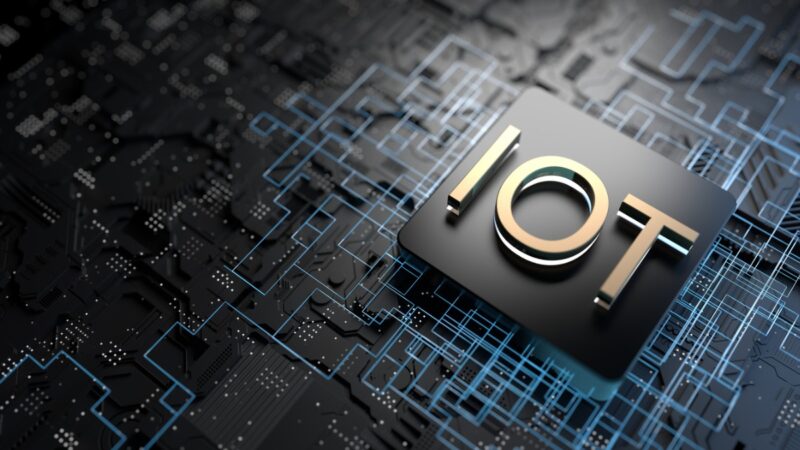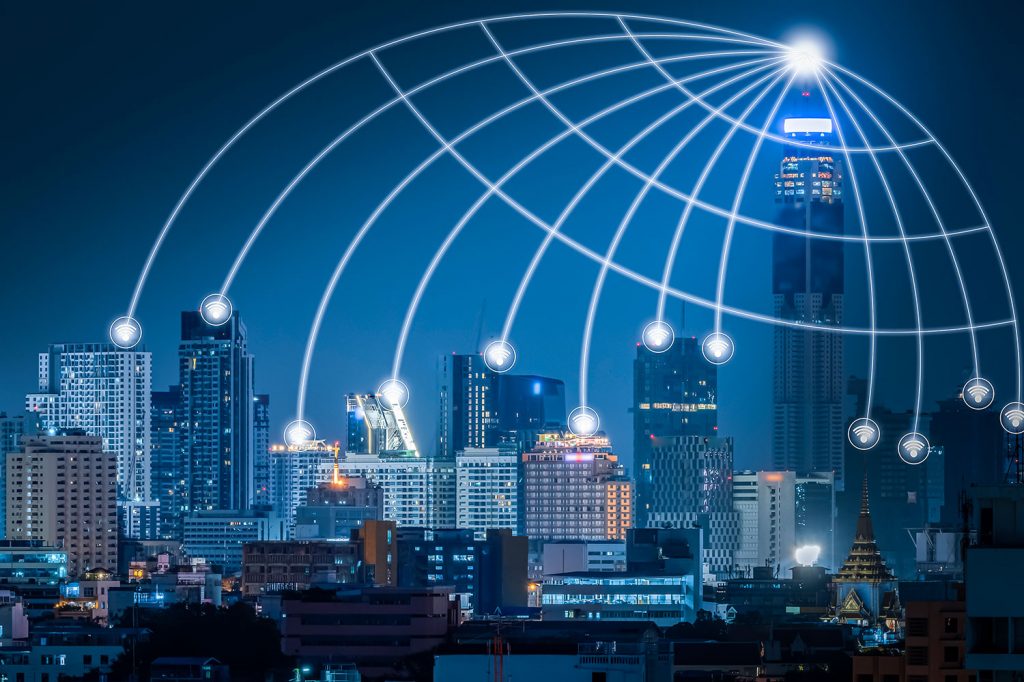
- Resources
- Blog
Solving IoT trust to build smarter cities
The technological advances triggered by the pandemic offer us the opportunity for smart cities to thrive. Truly smart cities will be those that allow an open and interoperable exchange of data via the Internet of Things (IoT). According to IoT analytics, IoT connections reached 12 billion in 2020, surpassing non-IoT connections. 2021 will bring dramatic changes to how IoT is scaling.
This is due to two drivers. Firstly, the health crisis brought to the fore the importance of data-driven strategic decisions for businesses in all sectors. Secondly, it is due to the proliferation of low-power wide-area network (LPWAN) wireless technology, specifically designed for M2M devices with low bandwidth at long range with resilient cellular networks – for example, gas and water supply data.
The amount of data generated even by a small city is vast, and city officials must ensure that data at the origin, at rest and across all data exchanges is trusted and secure.
Newsletter Sign-up// – Light Gray Inline
Sign-up for our newsletter to receive the latest from Kigen.
For a device and its data to be truly trusted, security must be built in from the start. The familiar SIM already offers a tried-and-tested blueprint. Enhanced features with new SIM standards – such as embedded SIM (eSIM) that are soldered into the device and bolstered by GSMA IoT Safe – provide a way to safeguard businesses from disruptive outages or changes in suppliers while offering the device maker and service provider remote management.
Innovations like integrated SIM (iSIM) help unlock entirely new IoT use cases while offering additional out-of-the-box functionality packaged with security for applications services to build on. This technology is already catalyzing new areas of innovation in urban mobility, bringing more e-bikes and e-scooters to our streets or smart tracking solutions that enable real-time visibility of critical goods and supplies.
Trust frameworks and transparency will need to be woven into all IoT layers for our cities to dispel concerns and ensure these new technologies can help our smart cities thrive.



